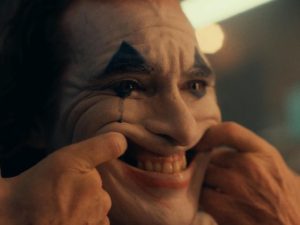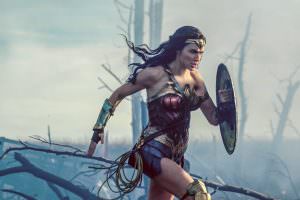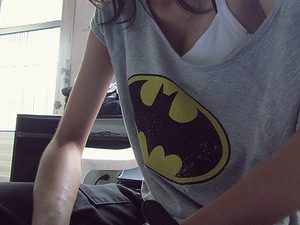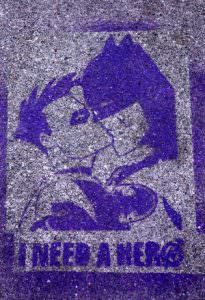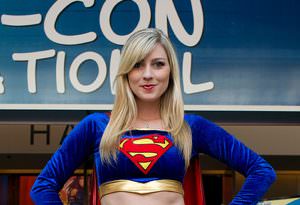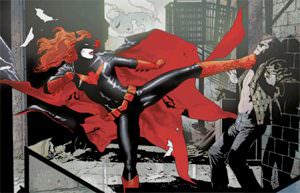Truthdigger of the Week: Wonder Woman. (Yes, Really.)
The 75-year-old comic book superhero is adding a special honor to her famous belt: ambassador for the empowerment of women and girls. More power to her -- and all other females.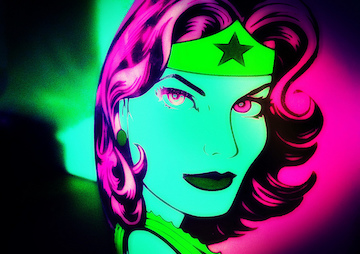
After passing over seven women to become its next secretary-general, the United Nations this week appointed a fictional female as honorary ambassador for the empowerment of women and girls: Wonder Woman. Although it may seem to be yet another snub, the choice of the DC Comics superhero is actually quite forward-looking.
The character, turning 75 this year, was created by feminist psychologist William Moulton Marston and his wife, lawyer Elizabeth Holloway, based on their lifelong partner, Olive Byrne. Just from that sentence one can glean that Marston, Holloway and Byrne were far from conventional people — especially for their time — and their nonconformist ways showed up in the famous comic strip in various forms. The bracelets worn by Wonder Woman were not just accessories, but an alternative symbol of the romantic bond between Byrne and Marston. Byrne didn’t wear a wedding ring but rather two bracelets, like the character. The chains that consistently bound Wonder Woman in scene after scene in the comics were less kinky than many imagined—though Marston was said to be fond of bondage in the privacy of his bedroom—but were actually another symbol, one standing for the shackles of patriarchy.
The chains are also linked to Byrne. She was the niece of Margaret Sanger, the feminist who founded Planned Parenthood and was involved in the birth control movement, which, like other suffrage and feminist movements, “used chains as a centerpiece of its iconography.”
Wonder Woman was always a feminist, a warrior born of the mythological Greek Amazons who went on to “fight fascism with feminism.” The source of numerous controversies, especially when many wanted to keep women at home and not out fighting for equality and against injustice, the heroine battled on in scenarios such as raising women’s pay at a department store and “political rallies over a milk-pricing racket.”
Recently, the DC Comics writer who has been behind the character for the past several years affirmed that Wonder Woman is queer. According to Greg Rucka, “Her queer identity was important to the narrative because Themyscira was represented as paradise, and with that came diversity.” The LGBTQIA community had apparently gotten the memo about Wonder Woman’s gender identity long before Rucka said anything, however, and had seen the character through “an LGBTQIA lens forever,” according to the comics site Mary Sue.
The site goes on to celebrate Wonder Woman’s appointment as a U.N. ambassador, writing that she is “a great, easily recognisable symbol of what women can become once freed from a patriarchal society.”
Wonder Woman is not the first fictional character to serve as a U.N. ambassador—Winnie the Pooh and Tinker Bell, among others, have had roles—nor is she the only overtly political comics superhero. For example, journalist Ta-Nehisi Coates has recently signed on to write the Black Panther series for DC Comics.
But having been created in 1941, Wonder Woman is exceptionally progressive in her political outlook on women and labor even by today’s standards. She is an excellent, strong role model for women and girls the world over. For this reason, Wonder Woman is our Truthdigger of the Week.
Your support matters…Independent journalism is under threat and overshadowed by heavily funded mainstream media.
You can help level the playing field. Become a member.
Your tax-deductible contribution keeps us digging beneath the headlines to give you thought-provoking, investigative reporting and analysis that unearths what's really happening- without compromise.
Give today to support our courageous, independent journalists.
